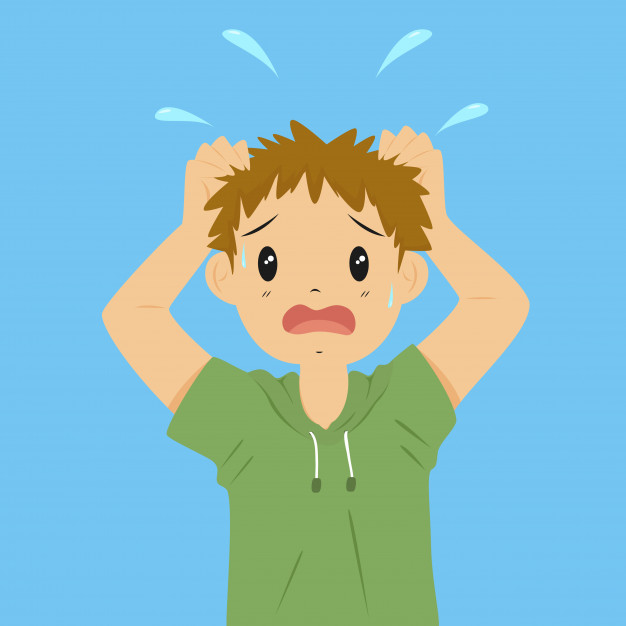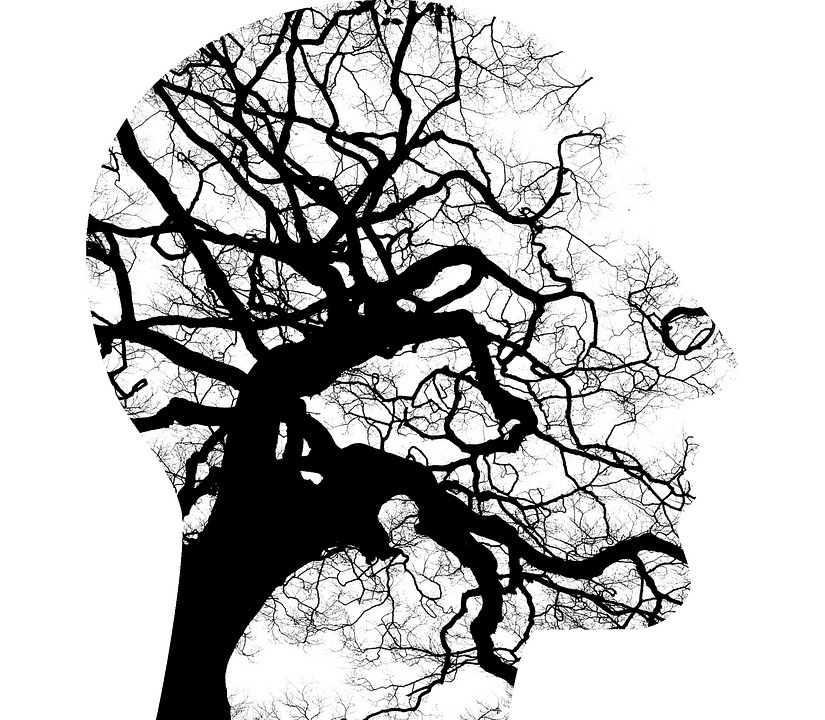
Depression
Depression is a mood disorder that can affect your normal life and requires treatment. One way to help people suffering from depression is medical treatment, but psychotherapy remains equally important. What types of psychotherapy are good for people with depression? Can this disorder be cured? Read carefully.
In everyday life, the word depression is often used in the context of minor setbacks in life, fatigue, or low humor. However, depression is a big psychological disorder. It consists of complex symptoms, emotional, physical, mental, and behavioral issues. Not everyone with depression experiences the same symptoms, but at least some of them feel the same.
Basically, depression affects more and more people and is considered as one of the diseases of civilization, conditioned mainly by lifestyle. Depression is most common in people between the ages of 20 and 40, but it also affects children and adolescents and is increasingly spreading to older people.
The symptoms of depression will not go away by themselves, and the more severe symptoms of suicide are seriously life-threatening. For this reason, treatment of depression is necessary, and modern medicine and psychology propose many effective pharmacological and therapeutic methods. Thanks to them, it is possible to cure depression. However, there is always a risk of depression recurring. It should also remember that in the case of depression, which also occurs with other mental disorders, treatment may require long-term or permanent treatment. This is the case, for example, in bipolar disorder.
Treatment of depression is necessary for all men and women. In depressive conditions, antidepressants are the basis for controlling the most challenging phase of the disease. The next step is psychotherapy. In treating depression, the combined method is often implemented, i.e., pharmaceuticals and meetings with a psychotherapist.
Other ways to fight some types of depression includes, electroconvulsive therapy (for severe depression with psychotic symptoms) and phototherapy (for SAD or seasonal depression).
The main problem with treating depression is that many people with this disorder do not go to the doctor. It may result from a sense of shame, lack of support from relatives, poor mental state (lack of willingness to act, resignation), and attempts to cope with depression in other ways, e.g., by self-destructive behavior such as self-harm or drinking alcohol.
Types of psychotherapy recommended in depression.
Psychotherapy is one of the main methods of treating depression, and its effectiveness is comparable to the use of adequately selected medications. It takes time to achieve the desired results, and sometimes even pharmacotherapy. In the treatment of depression in adults, the following are mainly used:
- cognitive-behavioral psychotherapy – in this treatment of depression, therapy focuses on changing negative beliefs and perception of reality, as well as working on behaviors that are harmful to the patient;
- Interpersonal psychotherapy – this method is based on the assumption that depression is primarily related to interpersonal relationships in the patient’s life; the therapy focuses on relationships and related problems, their impact on the patient’s mental state, as well as the importance of the symptoms of depression in the context of these relationships.
Here is a great article on Interpersonal Psychotherapy: https://www.betterhelp.com/advice/psychotherapy/what-is-interpersonal-psychotherapy/
Both of the above types of psychotherapy are also adapted to therapy needs for children and adolescents suffering from depression.

Cognitive-behavioral therapy in depression
Cognitive-behavioral psychotherapy is highly effective in the treatment and prevention of recurrence of depression. This mood disorder treatment is carried out in a short-term regimen (approx. 20 sessions). This form of psychotherapy is to make the patient reflect on his way of thinking and behavior, help him focus on the present moment, and learn new ways of acting and reacting. One of the elements of cognitive-behavioral psychotherapy is homework.
The therapeutic process encourages the patient to perform daily activities that have been difficult until now. The return to these classes is gradual, and during conversations with the psychotherapist, the patient has a chance to recognize obstacles that made it impossible to carry out specific tasks. Recognizing the blockage is the first step, and further work is to change the thought patterns that are the source of your negative emotions. The depressed person needs to learn to realize that automatically appearing negative thoughts should first analyze and consider whether they are over-interpreted and supported by facts.
Cognitive-behavioral psychotherapy aims to reevaluate beliefs (e.g., about self-esteem), acquire the ability to cope with symptoms of depression, and alleviate them.
Interpersonal psychotherapy in depression
The effectiveness of interpersonal psychotherapy is essential, especially in the context of long-term results, and the number of visits to psychotherapists is needed in order to get rid of this disease. The therapy methods focus primarily on symptoms typical of the initial stage of depression, i.e., sadness and problems in relationships with other people. Oftentimes, the subject of meetings with a psychotherapist is specific interpersonal difficulties, i.e., conflicts with relatives, not finding oneself in a given social role, problems at work, or difficulties with social activity.
Interpersonal psychotherapy is designed to help people with depression symptoms cope with specific problems or find ways to communicate better. By setting boundaries and better communication, you can balance your mental state and alleviate the symptoms of depression.
The appropriate form of therapy for people with depression depends on the patient’s condition and medical indications. The key is to consult a psychologist and psychiatrist because only the correct diagnosis allows you to decide the most effective method of treating depression.
Thanks for reading.





